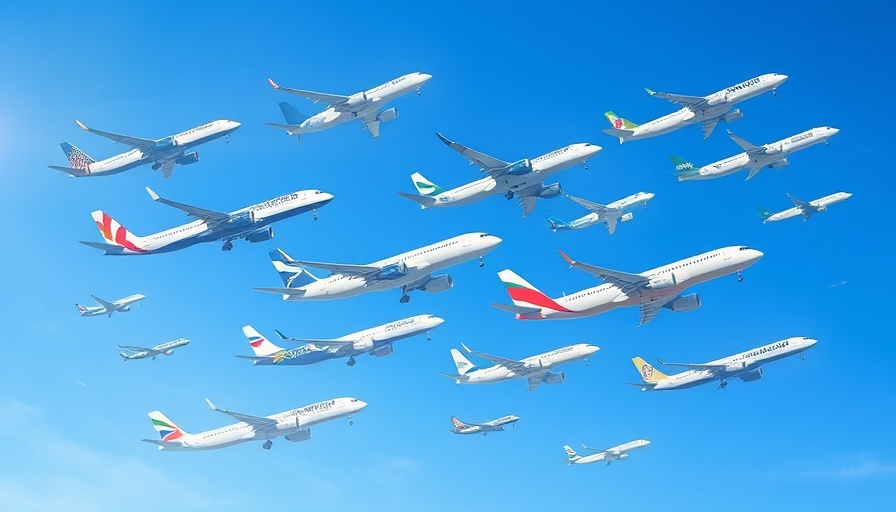
The Growing Challenge of Pilot Scarcity
As the aviation industry grapples with the challenges of the modern world, one major issue stands out: the shortage of qualified pilots. This shortage is particularly noticeable in regions such as Switzerland, where airlines like Swiss Airlines have been forced to reactivate retired pilots to keep flights on schedule. With the high salaries pilots earn—some of the highest in the world—one might assume that financial incentives alone could attract the talent needed to fill the cockpit. However, the reality is far more complex.
High Salaries: A Double-Edged Sword
According to a recent survey by the ERI Economic Research Institute, pilots in Switzerland earn a staggering average salary of approximately 150,000 Swiss francs (around $172,610). This is the highest in a competitive global market, with other countries like Luxembourg, the U.S., and Denmark following closely behind. These figures reflect not just the value of pilots, but the inherent challenges of the job. Pilots face demanding training, severe weather conditions, and the need for constant skill upgrades, which all justify their lofty compensation. However, salary alone doesn’t seem to be enough to attract new candidates into the profession.
The Diverse Reasons Behind the Pilot Shortage
While attractive salaries should, in theory, address the talent shortfall, they haven't resolved the underlying issues. An assessment of the current pilot crisis reveals multiple contributing factors. Firstly, the pilot population is aging, with many seasoned professionals reaching retirement age without a sufficient influx of younger counterparts to replace them. The burdensome costs associated with flight training and extended certification timelines appear to deter many potential entrants into the field. Furthermore, the pandemic has made things worse, leading to early retirements and a significant reduction in training opportunities.
Cost-prohibitive Training Disrupts Pathways to Piloting
The barriers to entry for aspiring pilots are steep. Training costs can reach upward of $100,000, alongside the lengthy process of accumulating flight hours and navigating the certification landscape. Such obstacles can discourage even the most passionate aviation enthusiasts from pursuing their dreams. In an era where young professionals are more conscious of financial burdens, many may opt for alternative career paths with fewer hurdles.
Addressing the Pilot Shortage Requires More Than Just Money
To truly address the pilot scarcity, the industry must evaluate and innovate its approach towards recruitment and training. Therefore, flight schools, airlines, and governing bodies need to create more accessible and appealing pathways into the profession. Initiatives could include partnerships with educational institutions to offer reduced training costs, scholarships for underrepresented groups, and a more streamlined certification process.
Incorporating Sustainability in Aviation
As travelers become increasingly focused on sustainable practices, the aviation industry must also adapt. Pilots play a critical role not just in flying but in encouraging and implementing Sustainable Aviation Fuel (SAF) technologies and efficient flight practices. Training pilots to be stewards of the environment could open up a new dimension to their roles, attracting a new generation of eco-conscious individuals. This could help galvanize interest in pilot training programs, particularly among those motivated by sustainability.
A Call for Community and Collaboration
To resolve the problems of pilot availability and to ensure the future of air travel remains bright, collective action from the community is imperative. Airlines can begin to build partnerships with local governments and organizations to create apprenticeship programs that will draw individuals into the field early on. By building support mechanisms, the industry can foster long-lasting relationships while promoting the importance of aviation as a career choice.
Taking Action to Shape the Future of Aviation
The aviation industry stands at a pivotal moment. Despite the high salaries, the persistent pilot shortage poses a significant threat to air travel's reliability and effectiveness. By reimagining the pathways into piloting and incorporating sustainability into training, we can likely cultivate interest and resolve the ongoing crisis. It’s time for everyone interested in travel—locals and global citizens alike—to take notice and advocate for real change in the aviation landscape.
If you're passionate about sustainable travel and see the value in the aviation sector, your voice matters. Engage in discussions about the future of green travel and support sustainable practices in your own journey. Together, we can advocate for better solutions in the airline industry while cherishing the freedom to explore the skies.
 Add Row
Add Row  Add
Add 




Write A Comment